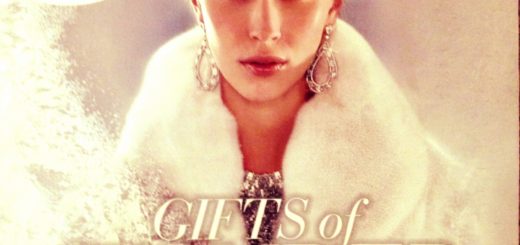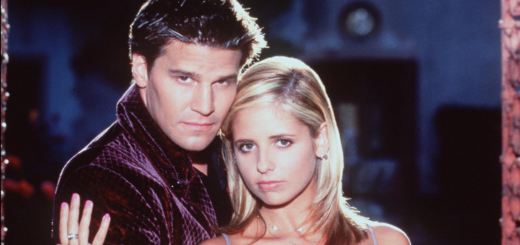Beyond the Bechdel Test: ‘Cinderella’ Reminds Us Why We Need Fairy Tales
 Credit: Disney
Credit: Disney
By JORDAN ECARMA
This column is what happens when you’re a conservative feminist who loves movies. The Bechdel test is pretty basic: Does this movie have a scene where two women with names talk about something other than a guy? The point of the test is not “movies that pass this are feminist”—it’s “this is the absolute base point of whether or not women are their own people in this movie.” I attempt to go a little further each week with a deeper analysis.
The film: “Cinderella” is the big-budget, live-action rendition of the fairy tale and classic Disney cartoon from everyone’s childhood. Kenneth Branagh added to his eclectic C.V. by directing, while Lily James (known as Lady Rose on “Downton Abbey”) donned a corset to fit into that dreamy blue dress and star as Cinderella.
The conversation: The film passes the Bechdel test in the first six minutes or so and continues to have plenty of scenes where women talk to each other about something other than men. Ella has a last tender moment with her dying mother, who tells young Ella to “have courage and be kind”—the line becoming a vital thread that holds the storyline together. Ella’s stepsisters have many moments where they argue, while the scenes between Ella and her stepmother (played with cold, cruel elegance by Cate Blanchett) are among the most compelling.
The real deal: Oh, this movie. It’s gorgeously produced, earnestly played and for a story about as old as time, refreshingly nuanced. Disney spared no expense with a production budget of $95 million, an investment that clearly paid off when “Cinderella” grossed more than $542 million worldwide. From the cast to the special effects to each costume, every element is thoughtfully done—something that’s necessary when you’re attempting to give an audience a wholehearted, believable-while-you’re-watching fairy tale.
This iteration of “Cinderella” is also a feminist Disney princess plotline I wish I’d had as a kid. Chris Weitz’s screenplay takes the time to flesh out the titular role, making Cinderella a person of character and grace who lives with “an open heart and an open hand.” With her mother’s byword to “have courage and be kind” constantly before her, Ella is someone who will be gracious even to the messenger who brings word of her father’s death and who wins the prince’s love through “her spirit and goodness” and because “there was so much more to her.”
“Cinderella” brings new wonder to an age-old story because it holds nothing back. It’s the real, earnest fairy tale—no trendy cultural references, modern cynicism or progressive plot twists. Like Ella coming to the prince, the film asks for one simple thing: to be taken just as it is. Viewers who agree to the conditions of the fairy tale just as Ella accepts her midnight deadline are in for some real magic.
Jordan Ecarma is a former journalist now living the millennial dream: getting paid for writing Facebook statuses (that is, digital PR). She watches her use of the f-word (“feminism”) around conservatives and the c-word (“conservatism”) around feminists. Find her under @JordanEcarma.



